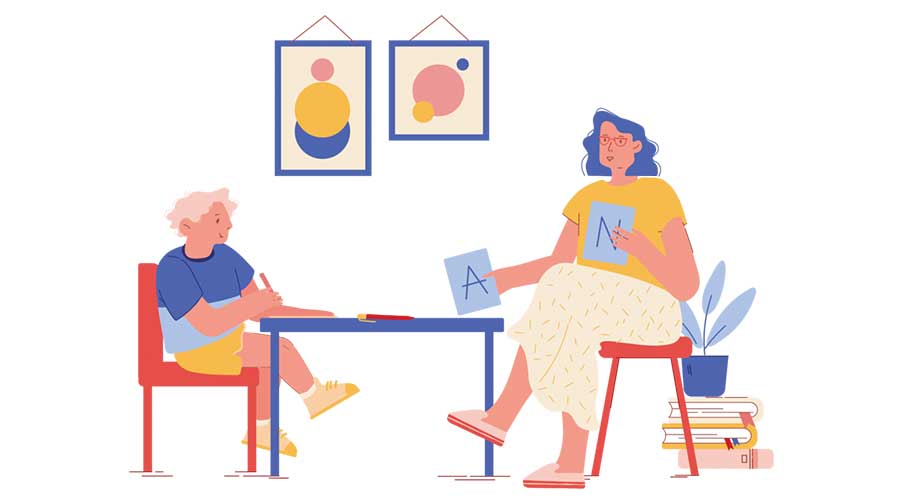ASK A PHYSICAL THERAPIST
- 13 Apr - 19 Apr, 2024

My 16-year-old son is just not motivated, and makes excuses to not study. His teachers say he’s bright, but they agree he’s a lazy student who always tries to get away with doing the minimum. What can we do before it’s too late?
First off, ask him what his hopes are for the future. Get him fired up about the things he dreams about pursuing as a career. Look at university courses that really interest him and explore what that means in terms of securing educational success. Work backwards from that point to show him how what he achieves this year will affect all of that. Once you have opened up the discussion, work out together the ways that you could practically support him in achieving his full potential. It might be that you help him plan his study with the most effective methods. Set targets along the way and build in small rewards, so that he starts to achieve success quite quickly and understands what it feels like to be motivated. Try to achieve a good balance for him between high-quality study periods and times where he gets the opportunity to chill out with family and friends.
My daughter, like many students, is very nervous during exams. She studies hard and does get good grades. But she says she blanks out during exams. Please suggest any techniques that might help her to feel more relaxed and confident.
Firstly, we absolutely subscribe to the idea of active revision. Many students feel they know the information they are due to be tested on, because they have read through it hundreds of times. However, it often becomes apparent that this isn’t the case when there’s an exam. With this in mind, it’s worth talking to your daughter about how she revises for exams as active methods are far more successful at cementing the information in the brain. When it comes to planning revision, it’s absolutely vital to build in time for relaxation too. Revising for hours on end can be counter-productive. About a week before the exam, we suggest your daughter starts to drop in some visualisation techniques. By this, we mean creating a positive mental picture of herself in the exam, staying calm, answering the questions fully in good time and feeling that she has done well. Mental rehearsal of an anxiety-inducing situation can benefit the nervous student enormously as it allows them to prepare emotionally alongside the more obvious intellectual demands.
COMMENTS